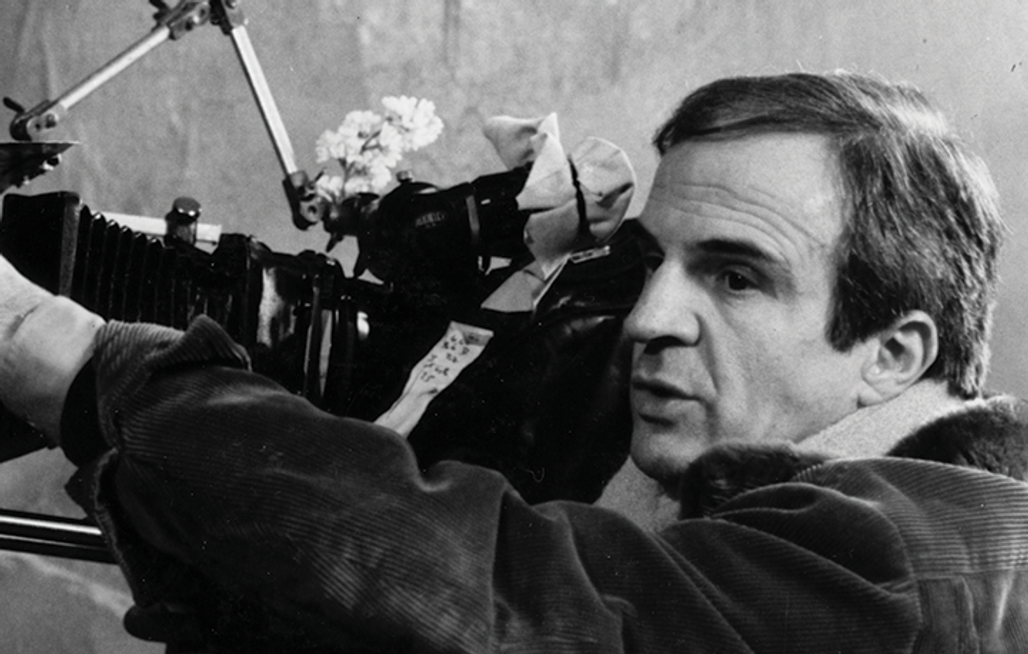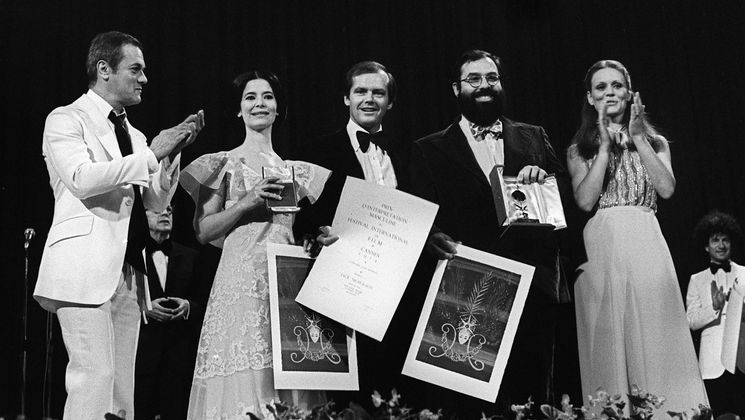
The day François Truffaut revolutionised French film

Released in 1959, François Truffaut's first feature film, Les Quatre Cents Coups (The Four Hundred Blows), was without a doubt one of the films that paved the way for the French New Wave. Here are three good reasons to re-explore this classic masterpiece and the unadulterated creativity that won it the Best Director Award at the Festival de Cannes the year it was released.
For its sensitive, touching portrait of childhood
Les Quatre Cents Coups (The Four Hundred Blows) tells the tale of Antoine Doinel (Jean-Pierre Léaud), a naughty, boisterous schoolboy who lives with his parents in Paris in a tiny apartment. He and his classmate René skip school, hanging around on street corners and killing time at cinemas. One day, he believes himself to have been treated unfairly at school, and decides to run away: a decision that ultimately leads to the young boy becoming estranged from his family.
For François Truffaut's bold, instinctive staging
In Les Quatre Cents Coups (The Four Hundred Blows), François Truffaut draws on a deliberately fragmented, laconic style that temporarily meanders away from the narrative to home in on the raw emotion on screen. The film's photography gives pride of place to the streets of Paris, underpinned by two shot scenes that lend the story its inimitable sense of pace. Although close-up still frames are used to capture indoor scenes, the overall story is told with broader, more mobile strokes to keep up with the young Doinel's wanderings around the capital.
For Jean-Pierre Léaud's first silver-screen performance
The film turned him into one of the New Wave's darlings – he went on to work on several feature films with Jean-Luc Godard -, but the actor was initially recommend to François Truffaut by one of his friends. After a series of test shoots, his 'cheekiness' prompted the director to work with the 14-year-old Jean-Pierre Léaud, who then starred in five of Truffaut's other feature films, returning to the role of Antoine Doinel.


